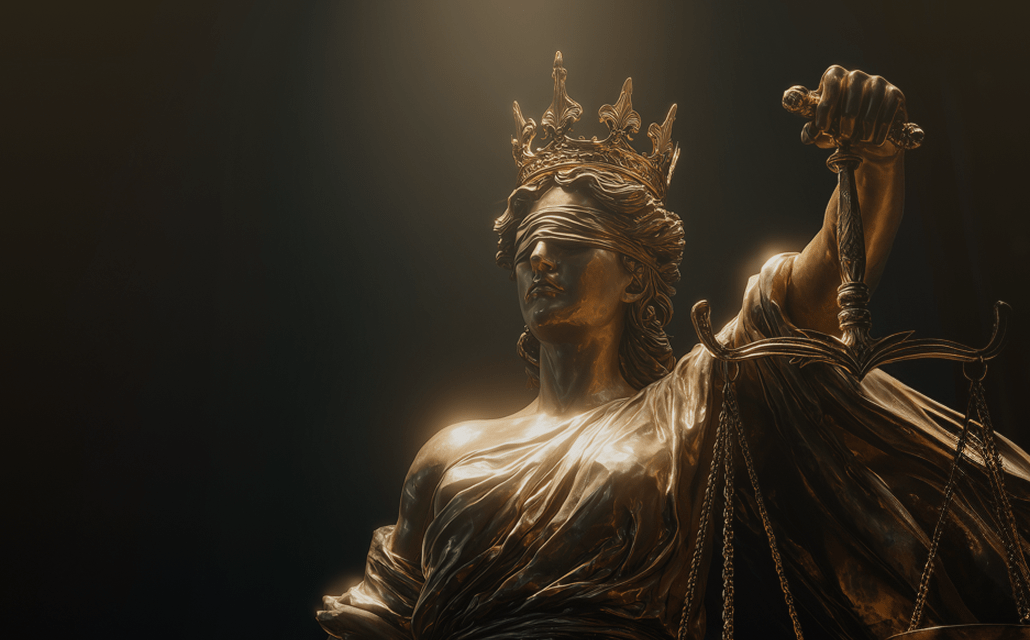
About Us
Where Justice Wears a Crown
Led by founding partner Robert G. Androsiglio, and with over 35 years of experience, Monarch Law Group has the experience clients look for when they need help with any personal injury case.
Proudly Serving Clients Throughout NYC & Long Island.
$50 Million+
Recovered in verdicts & settlements for our clients since 1994
At Monarch Law Group, we treat every client like they’re the only one.
We fight like kings, lead with strength, and protect with purpose because we know justice isn’t given – it’s claimed.
Robert G. Androsiglio, Esq.’s experience assisting clients in the greater New York area has offered him the unrivaled ability to provide clients with personally tailored, top-quality legal services to improve their lives and businesses.
Why Hire a Personal Injury Lawyer in New York?
Choosing an attorney is one of the most important decisions you can make. You need a lawyer who has the legal expertise and strong presence to best represent you, but you also need someone who doesn’t look at you like you’re a case number. With Monarch Law Group, each one of our clients receives all of this and more, including:
Direct Access
In addition to having an experienced and compassionate legal team on your side, each client gets Mr. Androsiglio’s office and cell phone numbers, as well as his direct email address, so you are never without access to your attorney. We want our clients to feel like they have a partner they can rely on throughout their legal journey.
Thorough Preparation
At Monarch Law Group, we have learned over the years that cases aren’t only won or lost in the courtroom, but because of the preparation (or lack thereof) that you put into the case beforehand. You can always count on us to be fully prepared to represent your best interests.
You Can Trust Monarch Law Group at Every Step
We keep clients involved at every step of the case, reaching out regularly with status updates and to check on you to see how your recovery is going. You always have final decision-making authority on whether to keep the settlement you are offered or to proceed to trial. Either way, we strongly recommend you consult with an attorney first before making that decision.

Free Consultation
Call our office to set up a free consultation that is convenient for you. During our first meeting, we will review the facts of your case to see if it is a match for our firm. If, after meeting with us, you are interested in hiring us, we will conduct a brief intake to gather the relevant details so that we can start investigating your case.
Case Investigation
Once you hire us, we get right to work. Our Team will conduct a thorough investigation to gather any and all evidence we can use to build a strong case for you. This includes accident reports, photographs, video evidence, medical records, witness statements, and other evidence you may not be able to get easily on your own. We will also consult with expert witnesses like accident reconstructionists who can speak to the facts if a trial becomes necessary.
Filing an Insurance Claim
Once we identify all responsible parties, we will file a claim with each insurance carrier to obtain all the relevant insurance information. Once the insurance company assigns an adjuster to your case, that person will act as the point of contact between the insurance carrier and us. The insurance adjuster may attempt to resolve the case during the claims process.
Litigation
Once we complete our investigation and file a claim with the insurance carrier, the next step is to litigate the case in court. This involves exchanging information with the other side in a process known as discovery, including potentially conducting depositions. Once those steps have been completed, the case can be scheduled for trial.
Fair Resolution
A case can go one of two ways: settlement or trial. If your case settles, it could be negotiated in either a settlement conference (which can be in person, over the phone, or virtually) or through mediation. Mediation involves meeting with the other side before a mediator trained in resolving disputes like yours. If neither of these methods results in a settlement, then the case will proceed to trial, where it will then be decided by a judge and/or jury.
The History of Monarch Law Group

Founded on the belief that every client deserves personalized, strategic representation, Monarch Law Group has built a reputation for excellence across a wide range of legal matters. From its early days to today’s full-service practice, the firm’s history reflects a steadfast commitment to integrity, innovation, and results. Guided by experienced attorneys and a client-first approach, Monarch Law Group continues to evolve while staying true to its core mission: delivering justice with precision and purpose.

What Is Negligence and How Do You Prove It?
Negligence is the legal concept that someone failed to act with the level of care a reasonable person would have used in the same situation, and that failure caused harm. To prove negligence in a lawsuit, you generally need to show four things:
-
The other party owed you a duty of care.
-
They breached that duty by acting carelessly or failing to act.
-
Their actions (or inactions) directly caused your injury.
-
You suffered damages, such as medical bills, lost wages, or pain and suffering, as a result.
How Much Can You Get for a Personal Injury Settlement?
Do I Have to Take My Personal Injury Case to Trial?
How Much Does It Cost to Hire a New York Personal Injury Lawyer?
Most New York personal injury lawyers work on a contingency fee basis, which means you don’t pay anything up front. Instead, your attorney only gets paid if they win your case, typically by taking a percentage of the settlement or court award (often around one-third, though it can vary). You may also be responsible for certain case expenses, but many firms cover those costs and deduct them from the recovery. This arrangement makes it possible to hire a skilled lawyer without worrying about hourly fees.
What Can You Claim in a Personal Injury Lawsuit?
In a personal injury lawsuit, you can seek compensation for both economic and non-economic damages. Economic damages cover tangible losses like medical bills, rehabilitation costs, lost wages, and future loss of earning capacity. Non-economic damages address the harder-to-measure impact of an injury, such as pain and suffering, emotional distress, or loss of enjoyment of life. In rare cases, punitive damages may also be awarded if the defendant’s conduct was especially reckless or intentional.
Can I Sue After My Loved One Suffered Wrongful Death?
Can I File a Claim on Behalf of My Loved One Who Suffered Nursing Home Abuse?
How Do You Know if You Are a Victim of Medical Malpractice?

